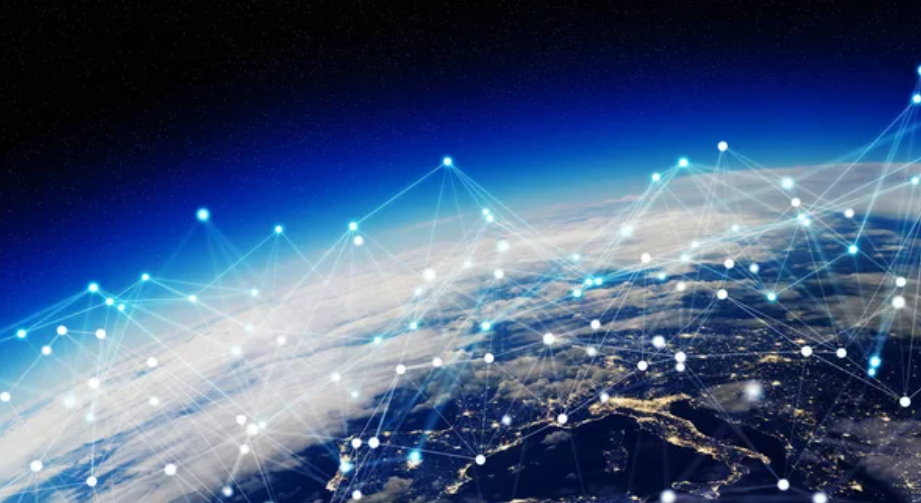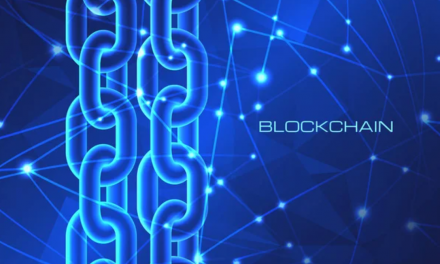Blockchains Aid Science: A Revolutionary Tool for Unraveling Earth’s Life Origins
Blockchains aid Science isn’t a common headline. However, its emerging role in exploring the genesis of life on Earth is garnering significant attention.
Significance of Blockchain in Science: The scientific community’s nod to blockchain technology marks a significant milestone. It underscores the versatility of crypto technology, far beyond its typical financial applications.
Recent Developments: Researchers from the Korea Institute for Basic Science and the Polish Academy of Sciences recently made headlines with their study published in the journal Chem. They have successfully mapped the largest network of prebiotic reactions known to date.
Essentially, these are complex chemical reactions believed to have laid the groundwork for life on Earth. This groundbreaking discovery opens up new vistas in understanding our planet’s early biological history.
The Challenge of Computation: Identifying potential prebiotic reactions is an arduous task, requiring the analysis of billions of possibilities. Traditionally, this would be a prohibitively expensive and time-consuming process.
Innovative Approach: The research team collaborated with Allchemy, a company specializing in scientific software. Leveraging computational synthesis and AI algorithms, they synthesized a database of 50,000 molecules, hypothesized to have existed during the early stages of Earth’s life formation.
The more challenging phase involved the Golem Network, a forerunner in Decentralized Physical Infrastructure Networks (DePIN). By offering Golem tokens, the network harnessed the computing power of numerous global computers. This collective effort enabled the computation of over 11 billion potential prebiotic reactions, pinpointing 4.9 billion plausible ones.
The Role of Computing Power: Such extensive computations typically require supercomputers or cloud computing services, often unaffordable for many scientific endeavors.
Bartosz A. Grzybowski, the study’s senior author, shared with Chemeurope.com his astonishment at the efficiency and cost-effectiveness of the process. A task that previously seemed years away was accomplished in just a few months, analyzing an unprecedented scale of 10 billion reactions.
Future Prospects: Grzybowski expressed his hope that blockchain technology could be adapted for large-scale scientific computations. This could potentially revolutionize how complex calculations are conducted in various scientific fields.
Conclusion
The promise of decentralized science (DeSci) seems to be coming to fruition. The successful application of blockchain technology in this scientific inquiry not only underscores its potential in diverse fields but also opens new doors for understanding the very origins of life on Earth.





